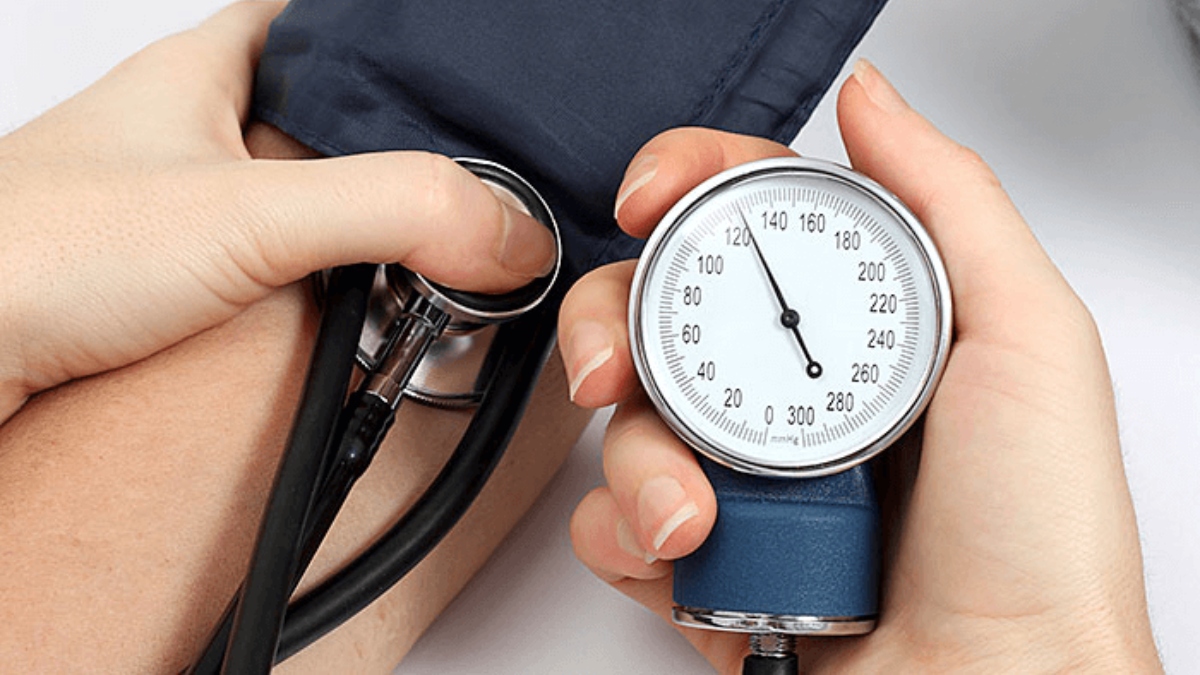Rage and Rising Blood Pressure: Could Your Temper Be a Warning Sign?

Are you finding yourself getting angry more easily than usual? While occasional frustration is a normal part of life, consistently feeling irritable or having frequent outbursts could be more than just a bad mood. It might be a surprisingly early warning sign of high blood pressure – a condition often dubbed the ‘silent killer’ because it frequently lacks obvious symptoms.
According to Dr. Parmar, a leading cardiologist, this connection between anger and hypertension is becoming increasingly clear. “We’re seeing a strong correlation between individuals who frequently experience anger, particularly in middle age, and the development of high blood pressure,” she explains. “While it’s not a direct cause-and-effect relationship, the physiological response to anger – the surge of adrenaline, the increased heart rate, the constriction of blood vessels – puts a significant strain on the cardiovascular system over time.”
The Science Behind the Link
When you get angry, your body activates the ‘fight or flight’ response. This is a survival mechanism designed to prepare you for immediate danger. Hormones like adrenaline and cortisol are released, causing your heart to beat faster and your blood pressure to rise. While this is a temporary reaction under normal circumstances, repeated episodes of anger can lead to chronic hypertension.
“Think of it like this,” Dr. Parmar illustrates. “Imagine repeatedly squeezing a balloon. Eventually, the material weakens and starts to stretch. Similarly, frequent anger episodes can damage the lining of your blood vessels, making them less flexible and contributing to high blood pressure.”
Who's at Risk?
While anyone can experience this connection, Dr. Parmar notes that middle-aged individuals are particularly susceptible. This is often due to a combination of factors including increased stress levels, changing lifestyle habits, and the natural aging process.
Beyond Anger: Other Contributing Factors
It’s important to remember that anger is just one potential piece of the puzzle. Other factors that contribute to high blood pressure include:
- Poor Diet: High in sodium, saturated fat, and processed foods.
- Lack of Exercise: A sedentary lifestyle contributes to weight gain and cardiovascular problems.
- Stress: Chronic stress is a major trigger for high blood pressure.
- Genetics: A family history of hypertension increases your risk.
- Excessive Alcohol Consumption: Can raise blood pressure levels.
What Can You Do?
If you’re concerned about your anger levels or potential high blood pressure, here are some steps you can take:
- Manage Stress: Practice relaxation techniques like meditation, yoga, or deep breathing exercises.
- Regular Exercise: Aim for at least 30 minutes of moderate-intensity exercise most days of the week.
- Healthy Diet: Focus on fruits, vegetables, whole grains, and lean protein.
- Limit Alcohol: If you drink alcohol, do so in moderation.
- Monitor Your Blood Pressure: Regularly check your blood pressure at home or during doctor’s visits.
- Seek Professional Help: If you’re struggling to manage your anger, consider talking to a therapist or counselor.
The Bottom Line
Don't ignore persistent anger. It could be a sign that your body is trying to tell you something. By understanding the connection between anger and high blood pressure, and by taking proactive steps to manage your health, you can protect your cardiovascular system and live a longer, healthier life. Consult with your doctor for personalized advice and to rule out any underlying medical conditions.





